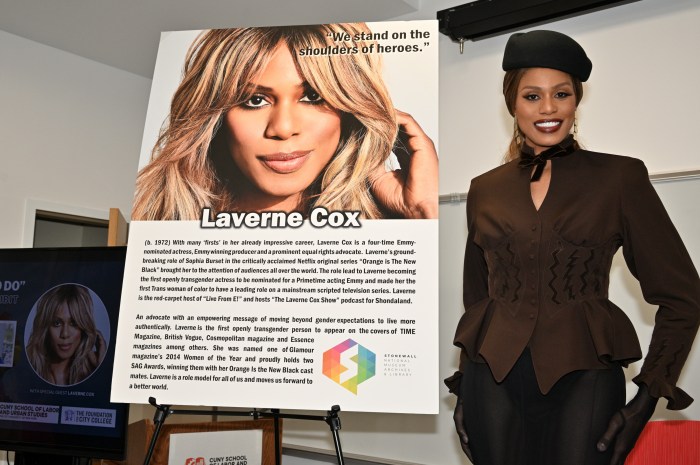“It’s a sweet spot,” says Philippe Falardeau when asked about his position after the success of Monsieur Lazhar, which has already copped major awards from the Toronto International Film Festival and the Toronto Film Critics Association before its theatrical release on Friday.
“I don’t think anybody has the exact recipe for that mixture between making personal cinema and having a commercial breakthrough. When I finished the film, I was tired and I said to myself ‘I did my best, but it’s going to go deep under the radar.’ And you know, I was wrong.”
That’s an understatement: Falardeau’s film has already earned $1.9 million dollars at the box office in his native Quebec, which is more than the combined box office total of his three previous features.
Monsieur Lazhar doesn’t have a blockbuster storyline — it’s about an Algerian immigrant (Mohamed Fellag) who seizes the opportunity to teach at a Montreal elementary school after a popular teacher’s suicide — but the director’s sensitive approach to the material has gotten the attention of critics and art-house audiences alike.
Falardeau adapted Monsieur Lazhar from a play by Evelyne de la Chenelière which was notable for being a one-man show, with all of the supporting characters seen through the eyes of eponymous protagonist.
Falardeau says that he had “all kinds of manoeuvring space” in transforming the story into an ensemble piece, but that he also had to be careful once he brought Lazhar’s students into the equation.
“I didn’t want the film to be too cute,” he says. “I mean, the kids could be cute, but not the movie.”
He succeeded in his mandate: while many of the scenes between the teacher and his young charges are quite funny, they’re bereft of the sentimentality that creeps into so many films about inspiring educators.
The child performers give very natural performances, which Falardeau says has to do with his unique approach to directing underage actors.
“With the kids, I close my eyes during the scene so I know it’s true to the ear. Because they can be fun to watch, but then you’re not listening. When you close your eyes it’s easier to tell if what they’re saying sounds like what someone would say in real life. So I try to direct more with my ear than with my eye.”
















